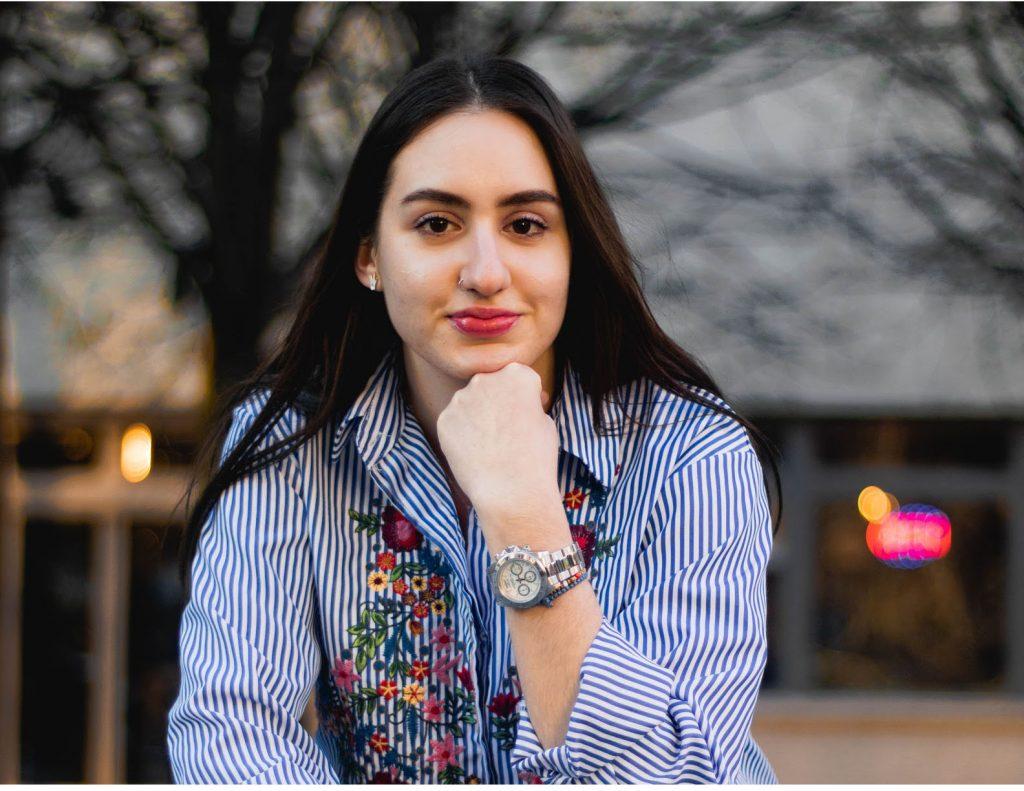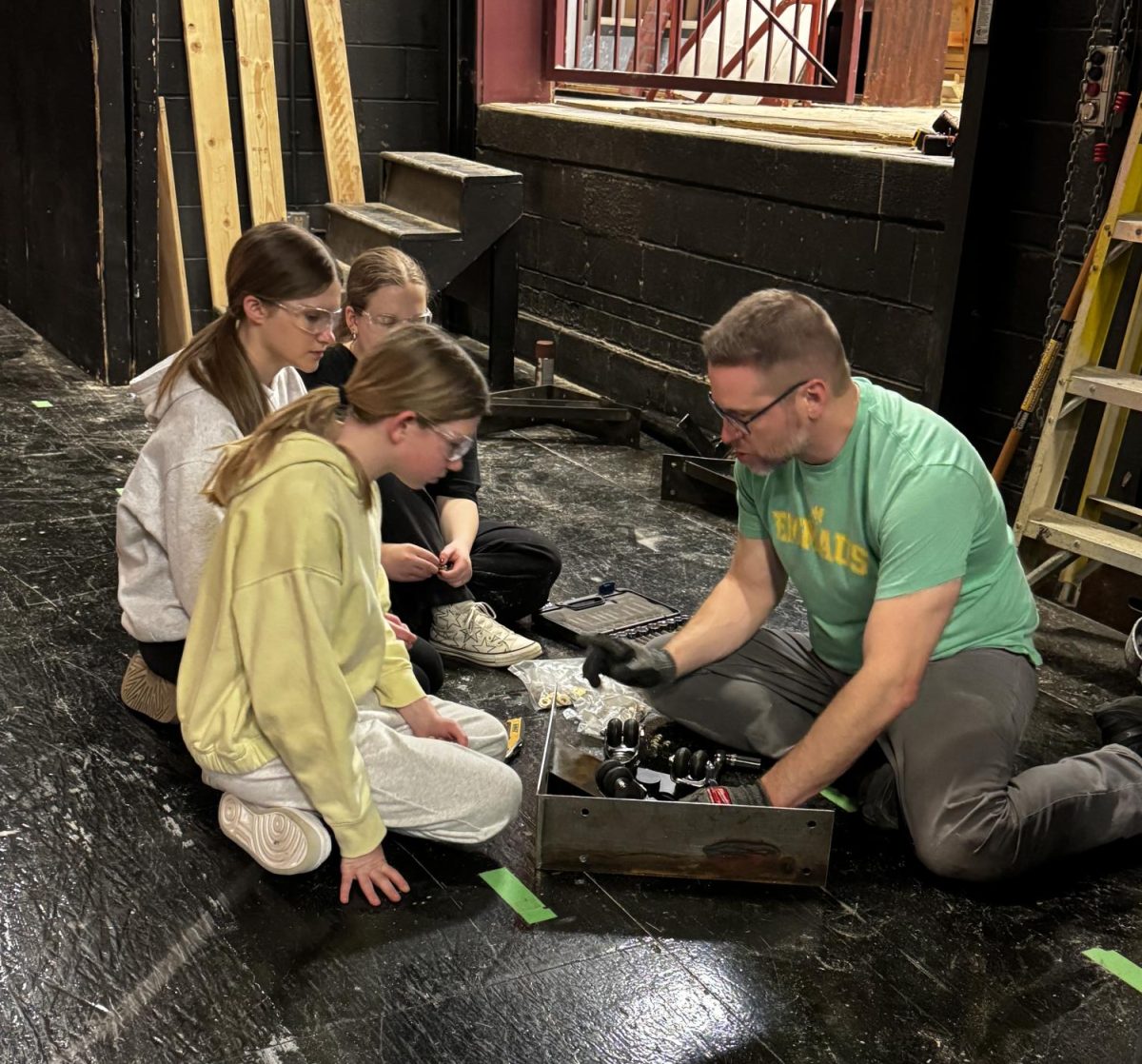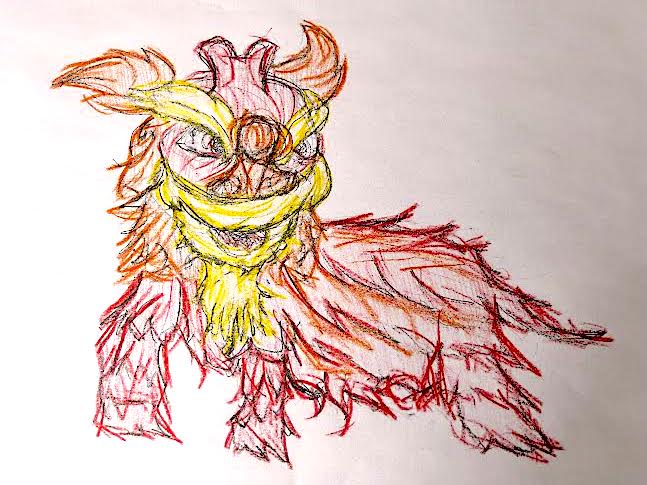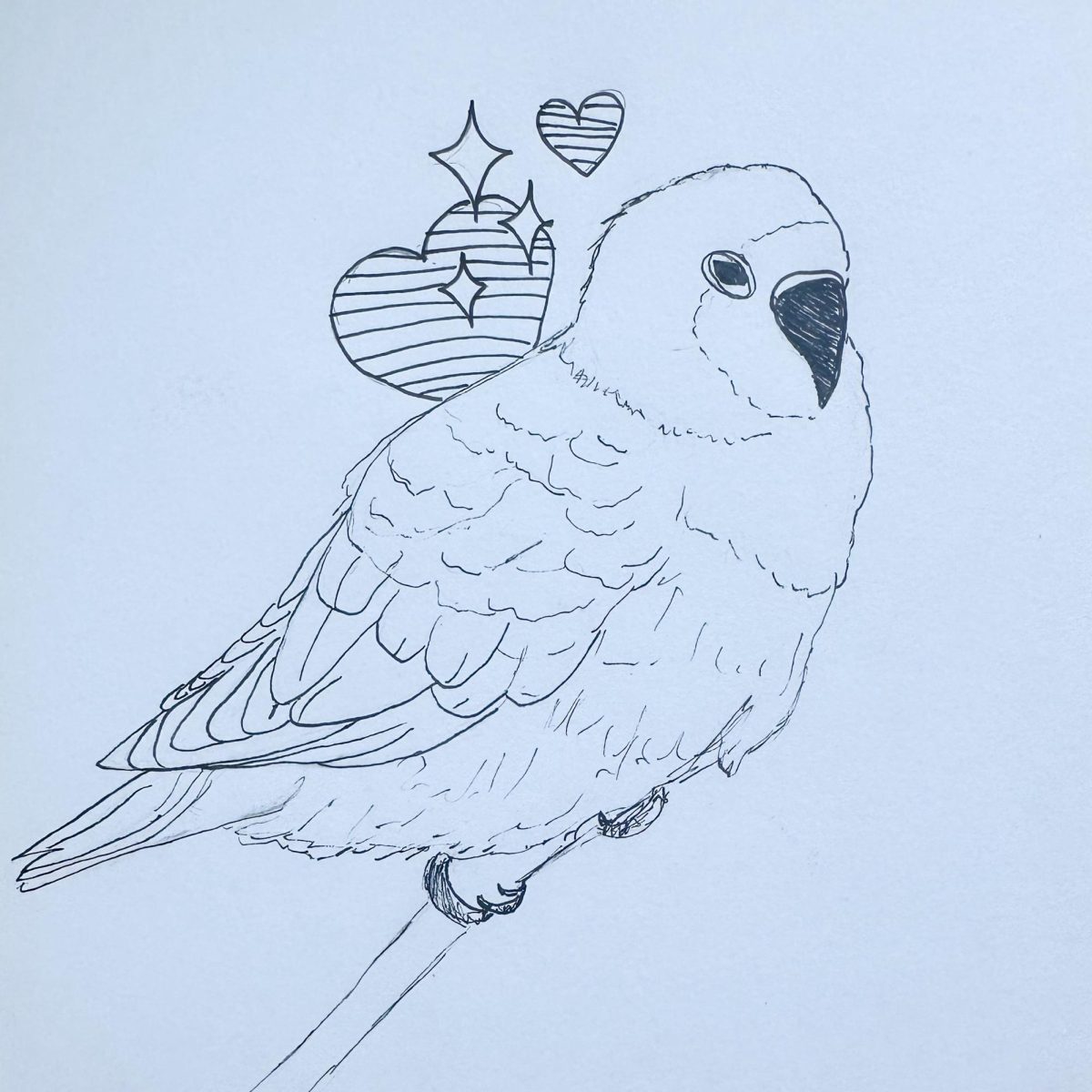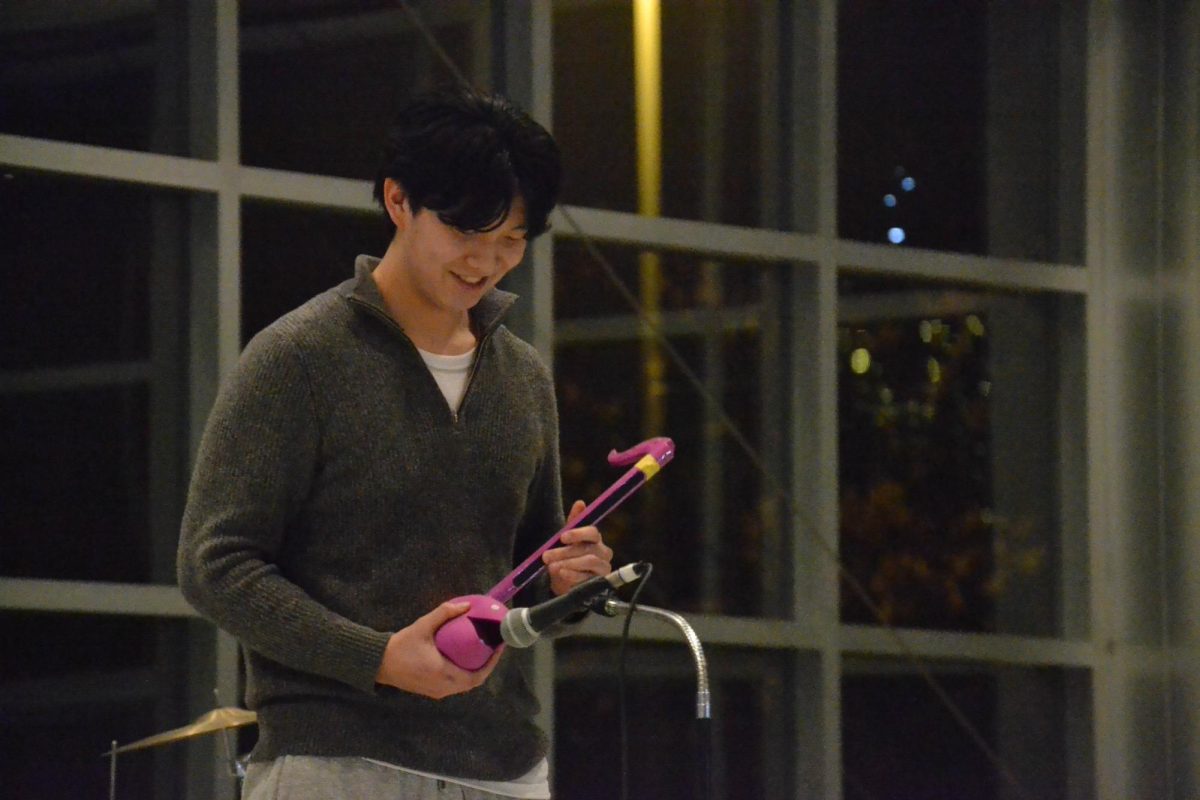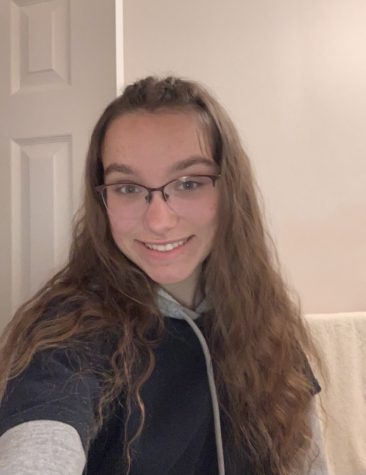Rania Draklellis, a junior at Pittsburgh’s Point Park University, projects a story of an undocumented Venezuelan immigrant in her nationally recognized short film, American Love.
Along with $7,400 and participation in nine film festivals, Draklellis and her team of seven other crew members originally produced the film for their thesis required for graduation — not mass success across the country. Draklellis, as screenwriter and script supervisor, spent countless hours to perfect a eight and a half minute story to convey a genuine message about immigrants in America today.
Draklellis, who was features editor of The Stinger before she graduated Emmaus in 2016, saw her screenplay go on to win best picture at the Pittsburgh Film Fest and and best cinematography at the Indie Oaks Film Festival.
Since film production is costly, Draklellis asked friends and family to help finance the project; her parents, who own the East Penn Diner in Emmaus, donated food as well as diner equipment — from placemats to Tabasco to salt and pepper caddies to waitress aprons — to decorate the set.
Q: What inspired you to create the film/what is it about?
A: So the process started last year, and I wrote a 10-page script in one of my fall classes, which was originally inspired by my parents, specifically my mom’s immigration story to America, and the original script followed a woman who was coming to terms with the immediate aftermath of being in a marriage with someone that she had no idea who he was; a complete stranger. Through our summer of trying to rewrite and redevelop what eventually would be American Love, we realized that making a story in today’s political climate about white immigrants was very inauthentic and not real or relevant to any conversation, so we turned it around and now it follows Maria, who is 24 years old, and she is undocumented; she is a Dreamer. [The film] follows her in the 24 hours after being fired from her job, and when she goes to a restaurant with her boyfriend to take her mind off of things, a waitress accuses her of stealing a tip off a table and it escalates from there. It was, what you and I would think is a simple miscommunication, life threatening to Maria if she were to be deported. Maria is a Venezuelan immigrant.
Q: How many film festivals chose to show your film? Which ones are you most proud of?
A: I believe we’ve made it into seven film festivals so far. Our most recent film festival that we’ve gotten into is the Carnegie Mellon International Film Festival and we won second place in that and $500. So we’re using that money to expand our film festival circuit to be even larger.
Q: How long did it take from start to finish to create the film? Was it longer or shorter than you expected?
A: Actual producing and filming took place in a 16-week semester. However, my job as screenwriter and script supervisor, that took place primarily in the summer. The script was picked up last year in April and from then up until the first week of classes in August I had to rewrite. I went through about seven or eight rewrites of what would be American Love, and with each and every draft it was a completely different story. We had one weekend of primary shoot, which is in four, 12-hour days, we have to film the entire film, and then we had 24 hours of reshooting if there was anything we didn’t get or didn’t like. We had 24 hours to film all of that.
Q: Did you expect your film to achieve such recognition?
A: Not at all. I don’t mean to diminish it by saying it’s just a student film, but it was just a class project at its bare bones. It got into a film festival in Pittsburgh, which was fine, but the class itself is not built upon making great films. Production 3 is a class where you learn how to fail and how to work with people.
Q: Would you say it has gained more recognition than other films?
A: I would say it’s gotten a lot of attention for a Point Park [University] film so far. Of course there are films that are a lot more talked about, but I think it’s a feat that we’ve gotten this far so quickly.
Q: What was your favorite memory while filming?
A: There was this one day when we were filming, and my job as script supervisor is to sit behind the monitor and just watching how long each take is and if there’s anything in the shot that shouldn’t be there. I’ve never seen my work come to light; this is the first time that words that I wrote were being said, and the one day that we were filming it was the most climactic scene between Maria and her boyfriend Ben. I was watching the monitor and I just saw that our lead actress, the woman playing Maria, she was crying while delivering the lines. It was just so crazy that something I concocted in my head could produce an emotional reaction such as that.


